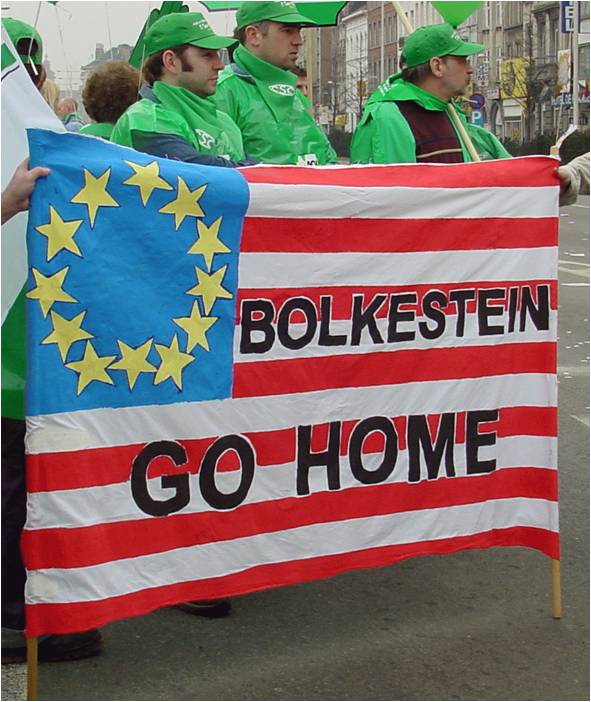Current Research Project
v Market integration and liberalization in the United States and the European Union
o Case studies:
- Public procurement
- Services
- Regulated goods (example: elevators)
o Argument and results:
I argue that because the European Union and the United States of America have been largely treated as special cases, both the literature on American-state building and that on European market integration have missed how close comparison alters both our descriptive views and social-scientific explanations of the shape of each polity. In particular, scholars have not sufficiently recognized that the EU has gone further than the United States in many elements of the creation of a centralized, liberalized single market, nor have they produced explanations that account well for this development.
My findings challenge the dominant assumption that the United States is generally more hierarchical and centralized than the European Union and more of a single free market in the sense of fewer allowable trade barriers. By analyzing the rules of market integration in services (over 70% of GDP), public procurement (15 – 20% GDP) and the regulated goods markets (goods like elevators with their own regulatory regimes), I demonstrate that in all these major cases the EU has adopted rules that open exchange to competition more than the United States. While the actual integration of flows on the ground is still generally less across European states than American ones, the political rules are more - and more liberally - integrated in Europe. Thus, in the case of public procurement the European Union has completely preempted the policy sector, establishing an EU-wide public procurement regime based on non-discrimination, transparency and economic efficiency, while in the US, states still freely discriminate against out-of-state bidders.
I offer an institutional and ideational argument to explain these differences, with two main parts. First, there is no US parallel to the institution of the European Commission, which is mandated to continually push liberalization forward. My research shows that Commission leadership has been critical to each of the cases I examine. Second, broader norms of legitimate governance favoring centralized authority - including liberalizing central authority - more in the EU than in the US. Despite all the criticism we hear of the European Union, the basic notion of federal governance of market integration is far more strongly accepted across Europe at both elite and mass levels than in the United States.
General Teaching & Research Interests
European politics ~ European integration ~ Comparative federalism & multi-level governance ~ Comparative politics ~ International relations ~ International institutions ~ Political economy of advanced industrial countries ~ Economic development in the developing world ~ Mass media and politics ~ Qualitative methods
